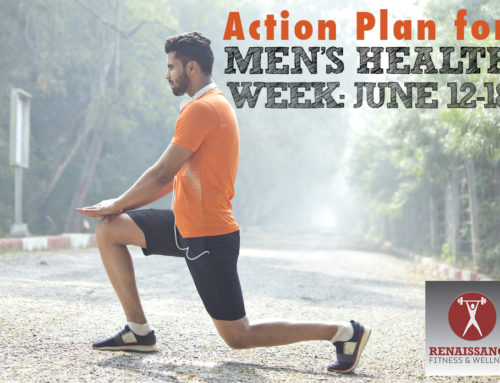Over the years I’ve traveled to Israel for ten days, Hawaii for two weeks and Italy for a week. Last May I was at the podium in San Diego on a Tuesday and spoke again in Baltimore that Friday. Helping people leverage their wellness in order to increase their wealth was an exciting and rewarding mission. Jet lag has always been the small toll I paid for going across the time zones to spread the good word. Fortunately, paying tolls doesn’t faze me too much as I’m from New Jersey, and we’re use to paying tolls and taxes on everything.
But like many Garden Staters, I avoid paying the freight by taking alternate routes, back roads and secret passages. With some good guidance you too can reduce the toll of jet lag.
First, let’s look at the problem itself. Jet lag is caused by the disruption of our circadian rhythm due to rapid changes in our daily patterns of living, such as waking up, eating, sleeping, working and engaging in social activities. Anyone who has had it knows the unpleasant symptoms.
There are as many remedies for jet lag as there are recipes for sangria. Here’s what always works for me:
Before You Fly
1. Reset your eating and sleeping patterns by one hour per day for each hour gained or lost at your destination. If you are flying west, it means getting up later and going to sleep later. If flying east, waking up earlier and going to sleep earlier.
2. Reduce your level of stress by packing early, confirming flights, lodging and car reservations. Fully charge your phone, tablet or PC. Try to give yourself a light workload the day before you fly.
3. Eat light, stay hydrated and minimize alcohol and caffeine consumption a day or two before takeoff.
4. If your flight will be a long one, consider upgrading to a wider window seat, and bring your pillow so you can rest or sleep comfortably. If you are taking a redeye travelling east and you need to be sharp when you land, consider using some air miles or paying to upgrade to a class with a fully reclining seat or a flat bed.
On The Plane
1. As soon as you take your seat, set your watch to the time zone of your destination. This will help your brain make the transition to the time at your new location.
2. If it will be night when you land, try to sleep on the plane. If it will be daytime when landing, force yourself to stay awake.
3. Keep yourself hydrated. Most cabins have environments that simulate the air pressure of Denver, so drink plenty of water.
4. Get up and walk around once or twice during your flight, even if you have to set an alarm to wake up. You must circulate the blood to offset lower oxygen content and reduced pressure.
5. Eat light if at all and avoid caffeine and alcohol.
When You Arrive
1. If you are crossing more than three time zones, and your schedule will allow, it would be ideal to arrive a day early to acclimate to the new environment.
2. Reset your internal clock by using patterns of adding or avoiding the natural sunlight at key times of the day. For example, on eastbound flights, avoid early morning light and soak as much light in as possible during the late afternoon. On westbound flights, get as much early morning light as possible and avoid the sun in the late afternoon.
3. On the day of arrival, eat lightly at the regular mealtimes of your destination. Minimize simple carbs when you arrive and during your stay.
4. Maintain regular patterns of exercise if your schedule allows. If you can’t keep to your regular exercise routine, fit in a thirty-minute exercise session just after you wake up. Staying at a hotel with a fitness center will make things convenient. If one is not available, taking a brisk walk for your cardio will do. Packing lightweight tubes, bands or a TRX suspension system will afford a complete workout in your hotel room. Make every effort to fit exercise into your travel plans. Like sunlight and mealtimes, exercise can help reset your circadian rhythms.
If you don’t own bands, tubes or a TRX system, there are the “Super Seven” body weight exercises you can do in a hotel room in fifteen minutes. These are the boot camp calisthenics championed by Jack LaLanne. If you would like a copy of an exercise chart with these old school gems, please email me at Joe@TrainerJoeSpeaks.com.
What do you do to minimize jetlag?







Always relevant and pertinent, but while you allude to this overarching point, we should point out in more direct language : “LISTEN TO YOUR BODY!” It will let you know how out of synch you are … or are not during travel. Thanks, Joe! Always appreciate the tips!
Yes indeed, you’re 100% right. One should think of these adjustments to resetting the circadian rhythm as making a course corrections. Sometimes a little more rudder, sometimes a little less sail. Thanks for your insights and comment, Rabbi Marc.